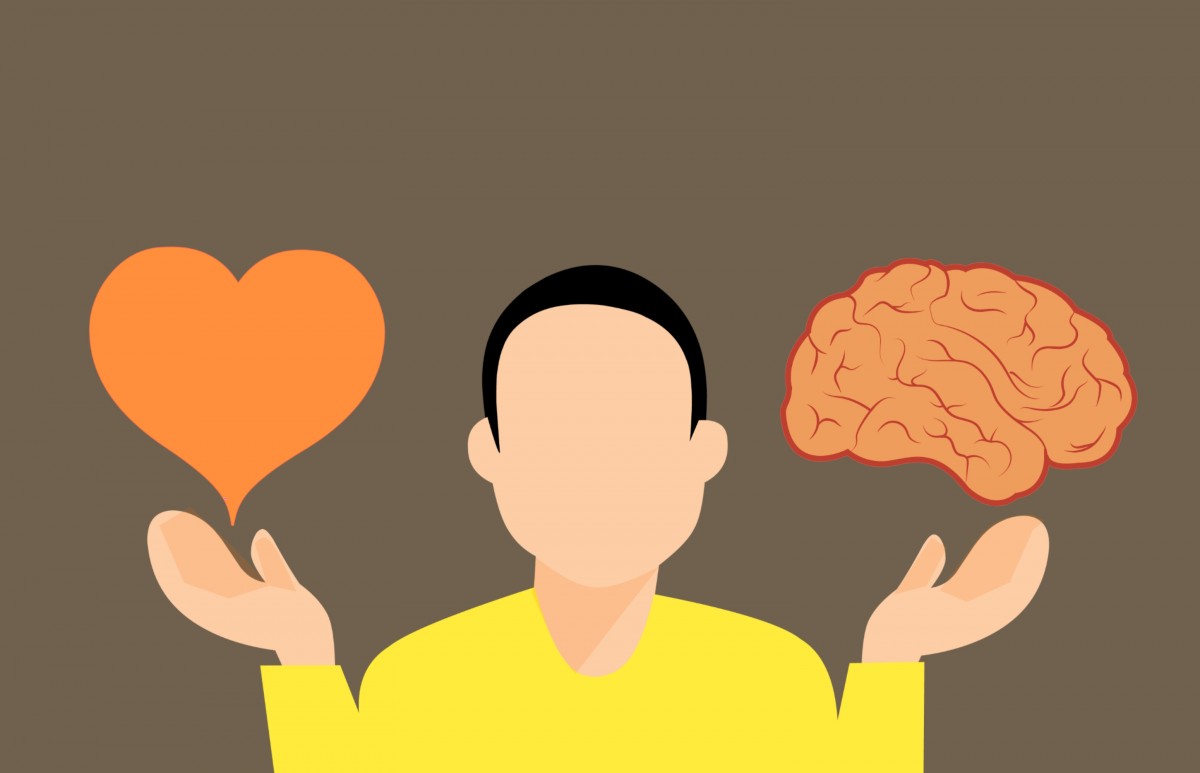Emotional Balance: Nurturing Harmony in Life – Emotions are an integral part of the human experience, shaping our perceptions, reactions, and overall well-being. Achieving emotional balance is not just a fleeting goal; it is a continuous journey towards harmonizing the myriad emotions that color our lives.

Understanding Emotions
At the core of emotional balance lies a deep understanding of our emotions. The spectrum ranges from joy and love to sadness and anger. Recognizing and acknowledging these emotions are crucial steps in achieving equilibrium.
Signs of Emotional Imbalance
Physical symptoms like fatigue and insomnia, coupled with behavioral indicators such as irritability or withdrawal, can signify an emotional imbalance. Identifying these signs is the first step towards proactive self-care.
Impact on Mental Health
The intricate relationship between emotional balance and mental well-being cannot be overstated. Neglecting emotional health can contribute to various mental health issues, including anxiety and depression.
Strategies for Achieving Emotional Balance
Embracing mindfulness, making healthy lifestyle choices, and seeking professional support are effective strategies to restore emotional equilibrium. It’s about creating a toolbox of coping mechanisms tailored to individual needs.
Embracing Positive Emotions
Cultivating joy and gratitude can act as powerful antidotes to negativity. Nurturing positive relationships further contributes to a more emotionally balanced life.
Dealing with Negative Emotions
While negative emotions are inevitable, it’s crucial to handle them healthily. Avoiding destructive coping mechanisms and adopting positive outlets are key in this process.
Balancing Work and Personal Life
The delicate dance between work and personal life significantly influences emotional balance. Setting boundaries and prioritizing self-care can make this juggling act more manageable.
Importance of Self-Care
Prioritizing self-care isn’t a luxury; it’s a necessity. Simple routines like adequate sleep, regular exercise, and moments of relaxation can significantly impact emotional well-being.
Emotional Intelligence
Developing emotional intelligence enhances our ability to navigate the complexities of emotions. It involves understanding, managing, and effectively using emotions to build stronger connections with oneself and others.
Mind-Body Connection
The mind-body connection is a powerful force. Engaging in physical activities not only promotes physical health but also contributes to emotional balance, releasing endorphins that uplift the mood.
Cultivating Resilience
Life is full of challenges, and cultivating resilience is key to overcoming them. Building resilience involves learning from setbacks and developing the strength to bounce back from adversity.
Teaching Emotional Balance to Children
Parents and educators play a crucial role in imparting emotional intelligence to children. Creating a supportive environment that encourages open expression and teaches healthy coping mechanisms is paramount.
Cultural Perspectives on Emotional Balance
Cultural attitudes toward emotions vary widely. Integrating cultural practices that promote emotional well-being can be a valuable addition to one’s journey towards balance.
Conclusion
In conclusion, achieving emotional balance is a continuous process that involves self-awareness, healthy coping mechanisms, and nurturing positive aspects of life. By recognizing the signs of imbalance and adopting proactive strategies, individuals can navigate the complexities of emotions and lead a more fulfilling life.
Frequently Asked Questions (FAQs)
- How can I recognize if I have an emotional imbalance?
- Look out for physical symptoms like fatigue or headaches, coupled with changes in behavior such as irritability or withdrawal.
- What role does mindfulness play in achieving emotional balance?
- Mindfulness is a powerful tool that helps individuals stay present, manage stress, and cultivate a more balanced emotional state.
- Is it possible to achieve emotional balance without professional help?
- While self-help strategies are valuable, seeking professional support can provide additional guidance and insights tailored to individual needs.
- How does cultural background influence emotional balance?
- Cultural perspectives shape our attitudes toward emotions; integrating cultural practices that promote well-being can enhance emotional balance.
- What are some quick self-care practices for maintaining emotional balance?
- Simple practices like deep breathing, taking short breaks, and engaging in activities you enjoy can contribute to maintaining emotional balance.




